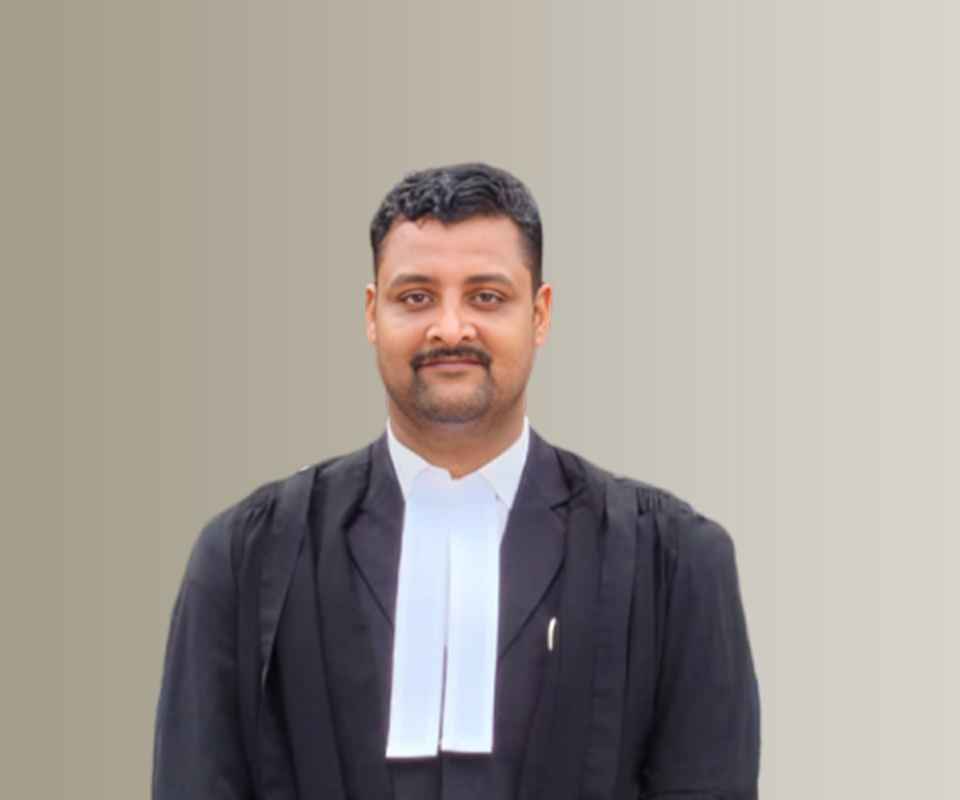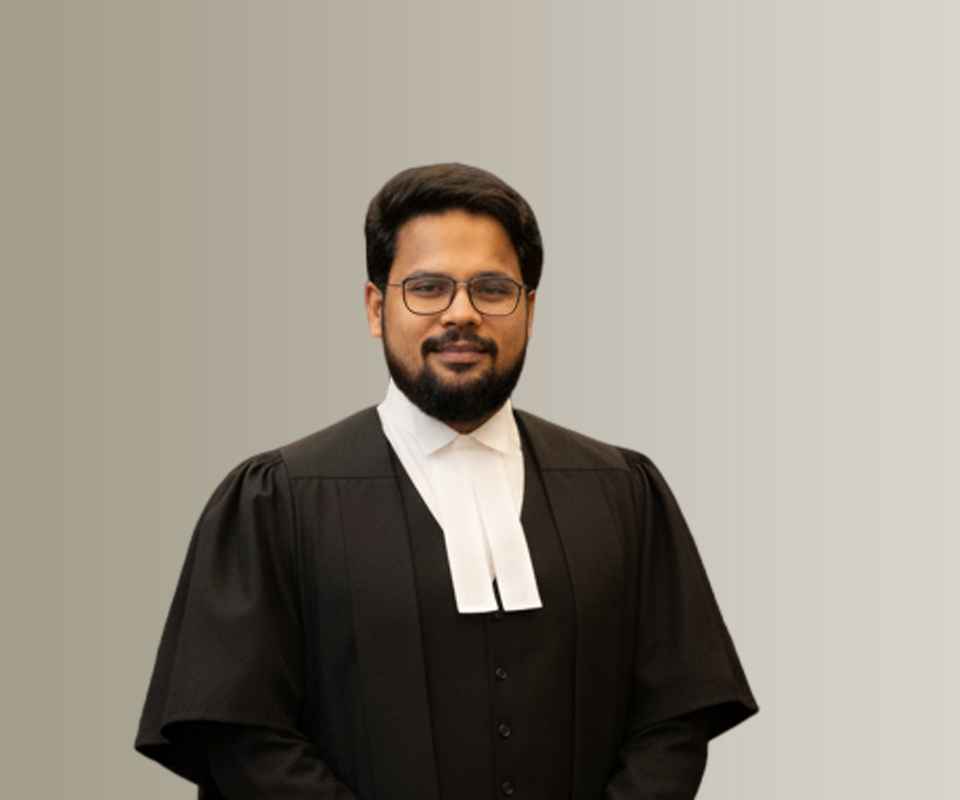Answer By law4u team
Bharatiya Nagarik Suraksha Sanhita, 2023 - Section 149: Use of Armed Forces to Disperse Assembly
(1) If any assembly referred to in sub-section (1) of section 148 cannot otherwise be dispersed, and it is necessary for the public security that it should be dispersed, the District Magistrate or any other Executive Magistrate authorised by him, who is present, may cause it to be dispersed by the armed forces.
(2) Such Magistrate may require any officer in command of any group of persons belonging to the armed forces to disperse the assembly with the help of the armed forces under his command, and to arrest and confine such persons forming part of it as the Executive Magistrate may direct, or as it may be necessary to arrest and confine in order to disperse the assembly or to have them punished according to law.
(3) Every such officer of the armed forces shall obey such requisition in such manner as he thinks fit, but in so doing he shall use as little force, and do as little injury to person and property, as may be consistent with dispersing the assembly and arresting and detaining such persons.
Brefe Detail
Section 149 of the Bharatiya Nagarik Suraksha Sanhita, 2023, outlines the circumstances under which armed forces can be deployed to disperse an assembly. If an assembly cannot be dispersed by regular means and poses a threat to public security, a District Magistrate or authorized Executive Magistrate may order the use of armed forces. The section emphasizes the necessity for minimal force and injury during the dispersal process.
Question & Answers
Under what circumstances can armed forces be used to disperse an assembly?
Armed forces can be used if an assembly cannot be dispersed by other means and poses a threat to public security.
Who has the authority to order the armed forces to disperse an assembly?
The District Magistrate or any Executive Magistrate authorized by him can order the armed forces to disperse an assembly.
What must an officer of the armed forces consider when dispersing an assembly?
An officer must use as little force and cause as little injury to persons and property as possible while dispersing the assembly.
What is the role of the Executive Magistrate in this process?
The Executive Magistrate can direct the arrest and confinement of individuals forming part of the assembly as necessary.
Example
- If a protest escalates and cannot be managed by local police, the District Magistrate may call in the armed forces to ensure public safety. The armed forces will then work under the directives of the Executive Magistrate to disperse the crowd while minimizing harm.
- During a situation where a large assembly threatens to become violent, the authorized Executive Magistrate may request armed forces to intervene, ensuring that the forces act with restraint and in accordance with the law.
Summary
Section 149 of the Bharatiya Nagarik Suraksha Sanhita, 2023, provides legal authority for the deployment of armed forces to disperse assemblies that pose a threat to public security when other measures fail. It underscores the importance of using minimal force and ensuring the protection of individuals and property during such actions.







